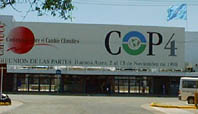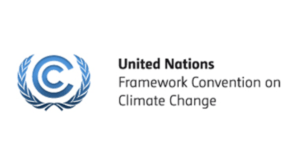COP 4 – United Nations Framework Convention on Climate Change
COP 4 Overview:
- Location and Dates: COP 4 took place in Buenos Aires, Argentina, from November 2 to November 13, 1998.
Key Outcomes and Discussions from COP 4:
- Further Implementation of the Kyoto Protocol: COP 4 continued the negotiations and discussions related to the implementation of the Kyoto Protocol, which was adopted at COP 3. Parties discussed the rules and procedures for implementing the Protocol’s emissions reduction commitments and the operation of its flexible mechanisms, including the Clean Development Mechanism (CDM) and emissions trading.
- Work on Compliance: COP 4 addressed issues related to compliance with the commitments under the Kyoto Protocol. Parties discussed the consequences of non-compliance and the procedures for dealing with it.
- Adaptation Fund: Parties at COP 4 agreed to establish the Adaptation Fund, which would provide financial support to developing countries for adaptation projects and programs to address the impacts of climate change. The fund was designed to help vulnerable countries cope with the adverse effects of climate change.
- Capacity Building: Capacity-building efforts to assist developing countries in implementing climate change actions and fulfilling their obligations under the UNFCCC and the Kyoto Protocol were discussed and enhanced.
- Scientific and Technical Matters: COP 4 included discussions on scientific and technical matters related to climate change, including the review of scientific findings and updates on climate research.
- Preparation for Future COPs: COP 4 also involved preparations for future COP meetings and discussions on the future direction of international climate negotiations.
COP 4 marked another step in the ongoing international efforts to address climate change and implement the provisions of the Kyoto Protocol. It focused on the practical aspects of achieving emissions reductions and supporting developing countries in adapting to the impacts of climate change. The conference contributed to the development of mechanisms and institutions to facilitate climate action at the global level.



